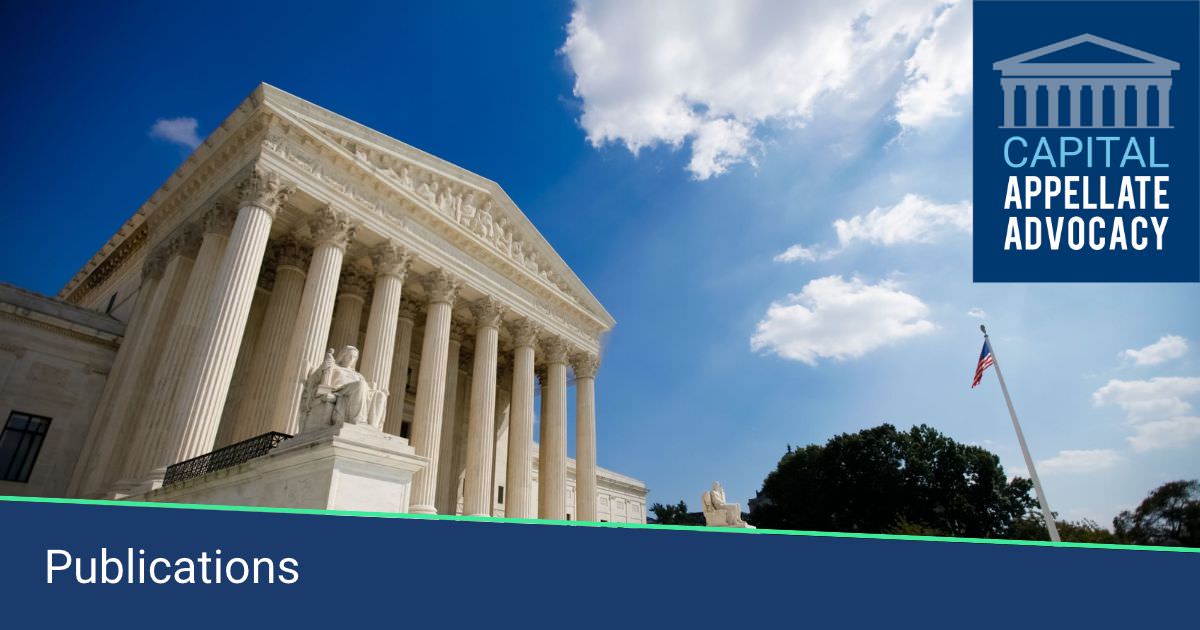In Ali Jaber v. United States, No. 16-5093 (D.C. Cir. June 30, 2017), recently retired D.C. Circuit Judge Janice Rogers Brown authored a unanimous panel opinion faithfully applying circuit precedent and the political question doctrine to bar a declaratory judgment suit challenging the wisdom of a U.S. drone strike in Yemen that allegedly resulted in human “collateral damage.” But Judge Brown also took the unusual step of filing a separate concurring opinion asserting that the political question doctrine — which bars courts from second-guessing the wisdom of military decisions — not only “may be deeply flawed,” but also “rendered … largely obsolete” by technological advances such as use of unmanned weaponized drones. Recognizing that “the political question doctrine insures that effective supervision of this wondrous new warfare will not be provided by the U.S. courts,” Judge Brown, a judicial conservative who was nominated by President George W. Bush, asks “if judges will not check this outsized power, then who will?”
A petition for writ of certiorari, No. 17-472, seeking review of the D.C. Circuit decision was filed on September 28, 2017. The Supreme Court denied review on November 27, 2017.
To read more of Larry Ebner’s summary and analysis, published by Law360 on July 7, click here.

